Tax Advisor in Spain for Expats
Personalized tax advice for all your needs – whether you’re a company, a freelancer or just want to understand your tax obligations as a foreigner in Spain






How can our tax lawyers and accountants help you out?
Balcells Group tax lawyers provide accounting and tax advice services for both companies and individuals on their tax declarations, optimisation & planning, and presentation of documents at the AEAT (Spanish Tax Agency). Whether you are a Spanish resident or not, we will provide assistance for dealing and applying with the all the taxes you can encounter in Spain.

Personal tax advice & taxes for companies/self-employed
Whether you run a company in Spain, work as a freelancer, or simply need help with your personal taxes, our tax lawyers will help you out.

Tailored tax solutions & accounting
Our specialists will make sure to fully understand your situation and plans in Spain, so that we can provide the tax advice that you truly need.

Making sure you only pay what’s necessary
We will manage all the paperwork and required steps, so you don’t need to worry about taxes nor tedious calculations. Plus, you won’t miss any deadline!
Contact us now and get the tax advice you need
✓ We are a multidisciplinary and international group
✓ We have helped hundreds of foreigners avoid all their tax headaches, and now we want to help you
✓ Get legal tax advice and accounting services either online or at our offices, whichever suits you best!
What’s it like working with Balcells Group tax lawyers?
What Can Our Tax Advisors Do For You?
- Non-Resident Tax, for those who own a property in Spain
- ITP, in order to buy or rent a property
- Personal Income Tax (IRPF), for the income you generate
- Wealth Tax, attending to the value of the assets you have
- Capital Gains Tax, if you are considering to sell a property
- Inheritance Tax, if you receive an inheritance
- Beckham Law, if you would like to enjoy a tax reduction as a non-resident
- Monthly Accounting for both companies and individuals
- Business Taxes when setting up a company in Spain
- Real Estate Taxes involved with purchasing/selling a property
- Planning and Presentation of all the documents to the Tax Agency
Tailored Tax Lawyer Services
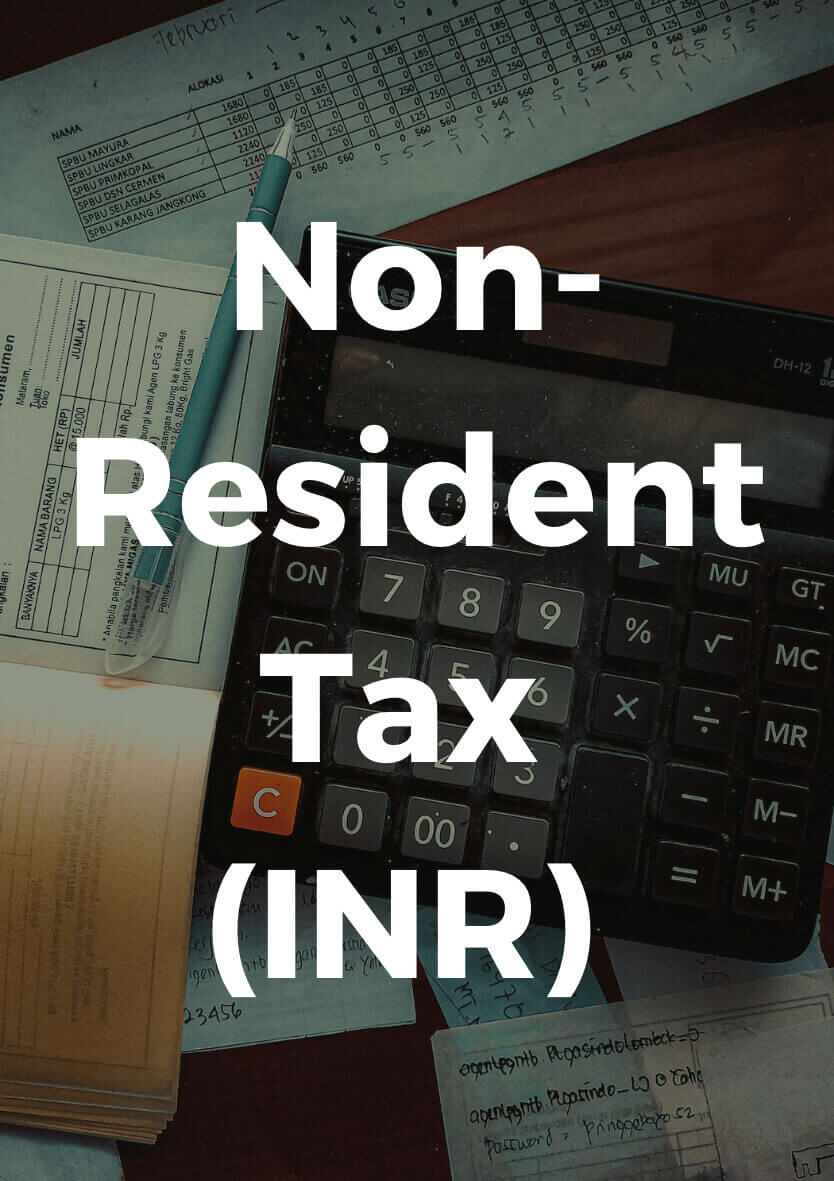
Non-Resident Tax
If you spend less than 183 days per year in Spain, you would be considered a non-resident. These are individuals or companies that have property or economic interests in Spain, but are not considered tax residents. Thus, they pay the non-resident tax in Spain.
Depending on the case, the payment could be made annually or quarterly.We manage everything for you so you can enjoy your days in the country not worrying about numbers.
Property Transfer Tax
The ITP or Property Transfer Tax is a progressive payment that occurs when the property has already been sold before.
It must be made to the competent Autonomous Community (for example, Generalitat de Catalunya) when buying or renting a house in Spain.
The amount of the tax to be paid differs depending on the property and the autonomous community.
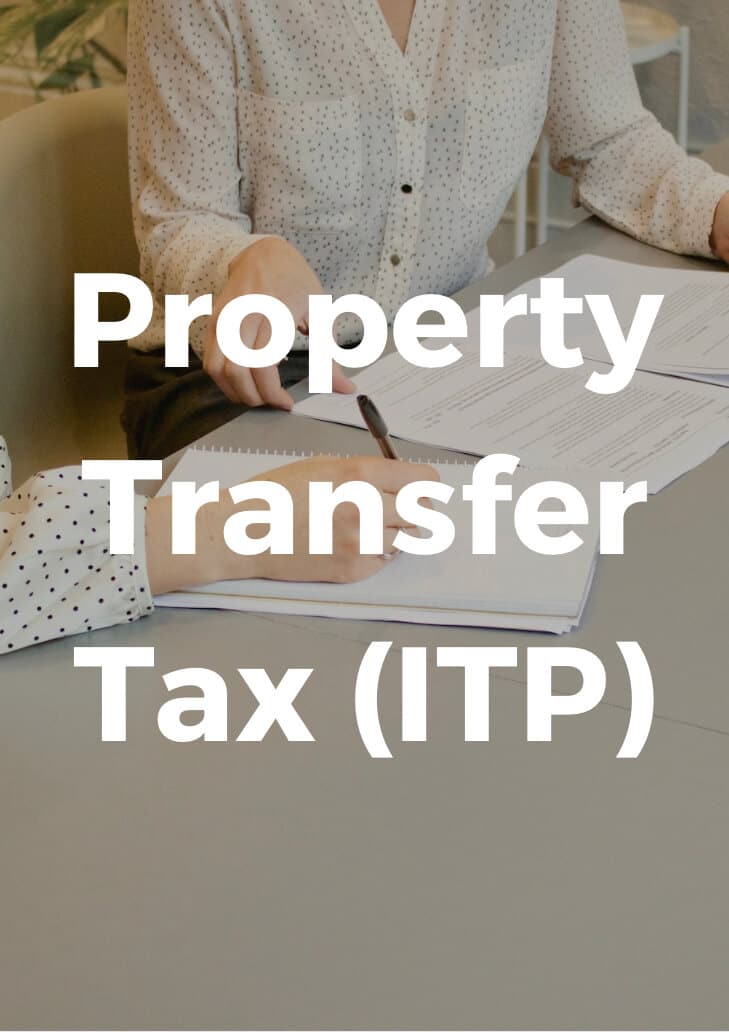
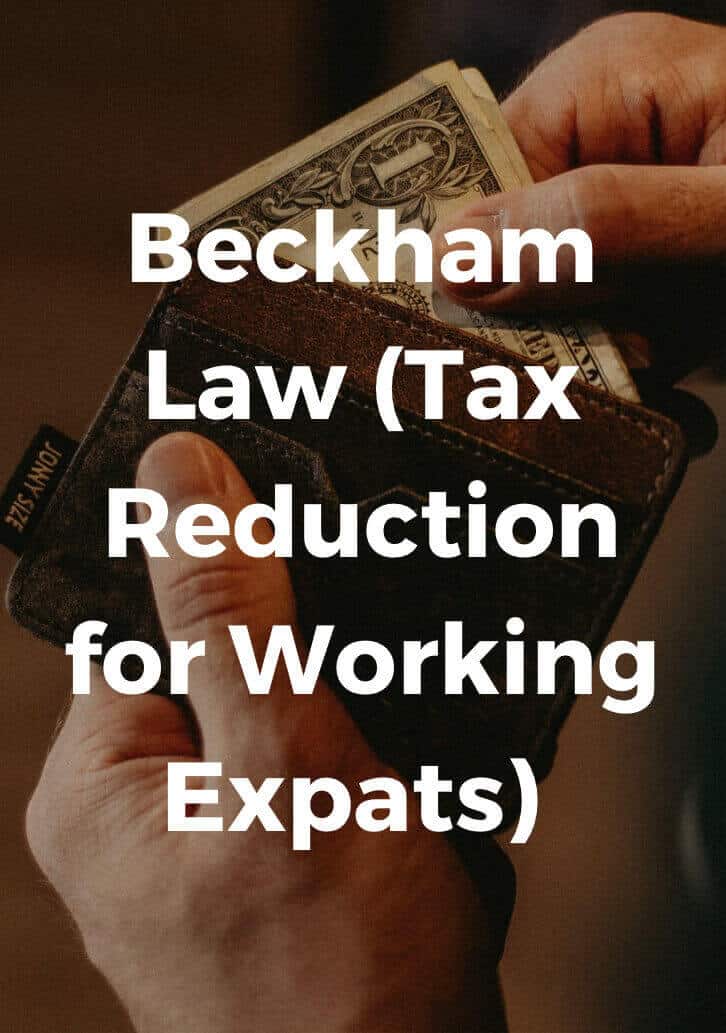
Beckham Law
Are you an expat who is relocating to Spain? Then you can start paying fewer taxes with the Beckham Law. This applies to those who are moving to Spain to work in a company as an employee or as an administrator.
It is regulated in section 93 of the Spanish Income Tax Act, and allows new fiscal residents in Spain to pay their income and wealth tax during the first 6 years as if they were non-residents. This means paying an almost flat tax rate of 24% of their income, against the usual Spanish tax rate, that can go up to 45%.
Personal Income Tax
The Personal Income Tax or IRPF in Spanish, is a tax that must be paid every year for Spanish tax residents. This tax includes all the income that a person has generated in one year, all over the world. That is why, it is also called the Salary Tax.
This tax considers the personal and familiar situation of the taxpayer. Depending on your job, activity, or personal situation, your Personal Income Tax can change.
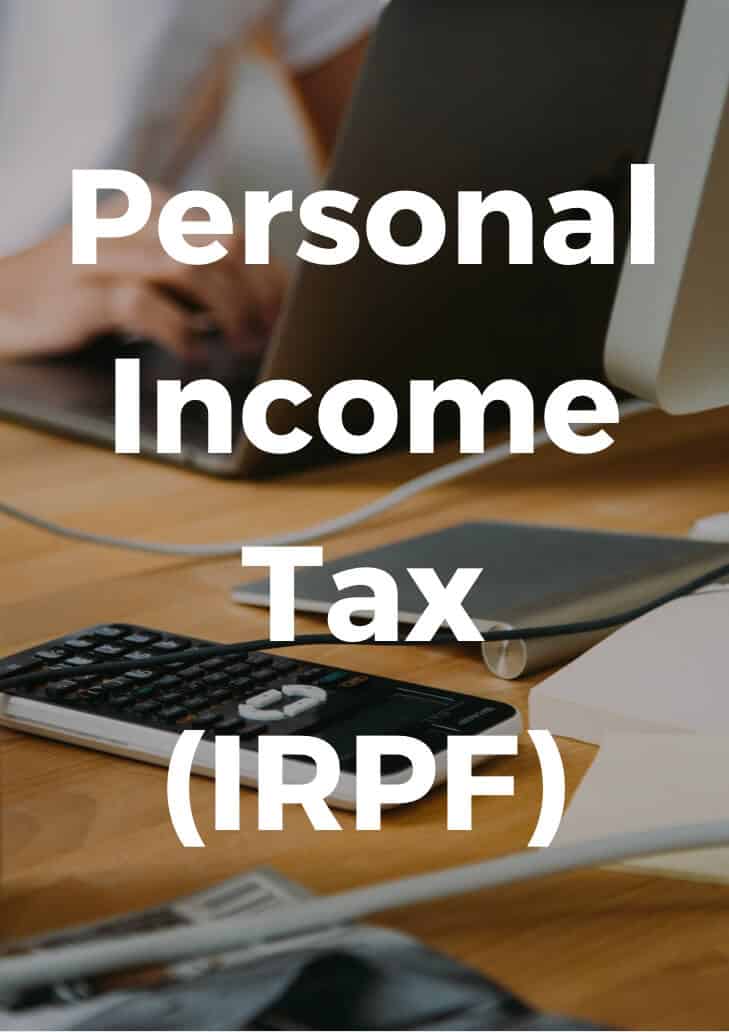

Accounting for Companies
Our Spanish accountants handle the accounting and taxation for companies; that is, the kind of business activity they engage in, and the obligations they have. We receive all the documents from the customer and prepare all the accounting documents that are required by the Spanish law.
We also prepare and present all the taxes that the companies must pay during the year, so you don’t need to worry about anything.
Accounting for Individuals
Are you an expat or immigrant in Spain? Then determining exactly which taxes you should pay and how to optimize those payments can be a real hassle.
Our specialized accountants will prepare all the accounting documents and taxation papers for employees or freelancers.
After managing your payrolls, we will prepare and send the corresponding documents to the competent authority when required.


Wealth Tax
The Wealth Tax is a Spanish tax that must be paid both by residents and by non-residents, attending to the value of the assets they have. The situation of the assets that must be declared and the minimum exemptions are different for residents and for non-residents.
This implies that, if we analyze your case carefully, we will be able to optimize the wealth tax you pay depending on your situation.
This tax must be paid once a year.
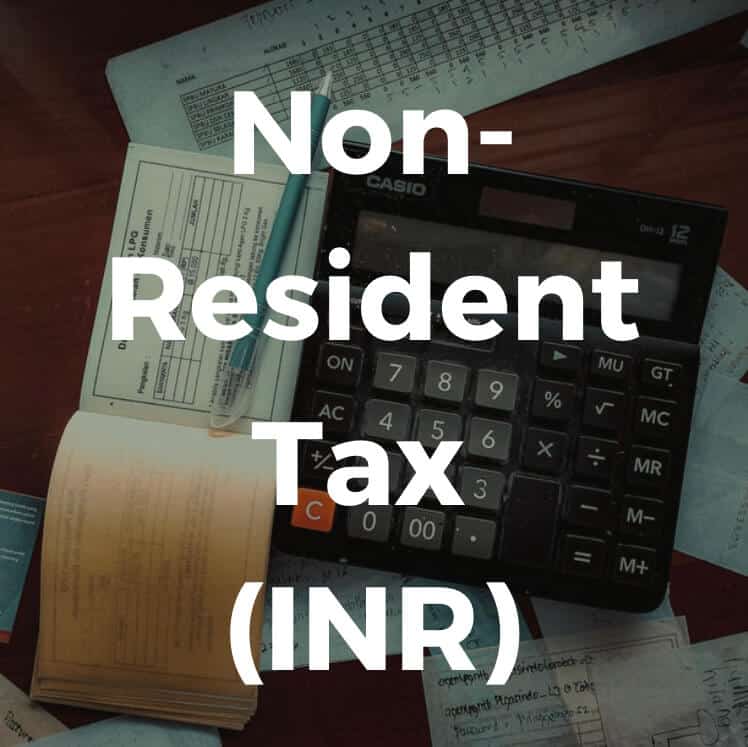
Non-Resident Tax
If you spend less than 183 days per year in Spain, you would be considered a non-resident. These are individuals or companies that have property or economic interests in Spain, but are not considered tax residents. Thus, they pay the non-resident tax in Spain.
Depending on the case, the payment could be made annually or quarterly.We manage everything for you so you can enjoy your days in the country not worrying about numbers.
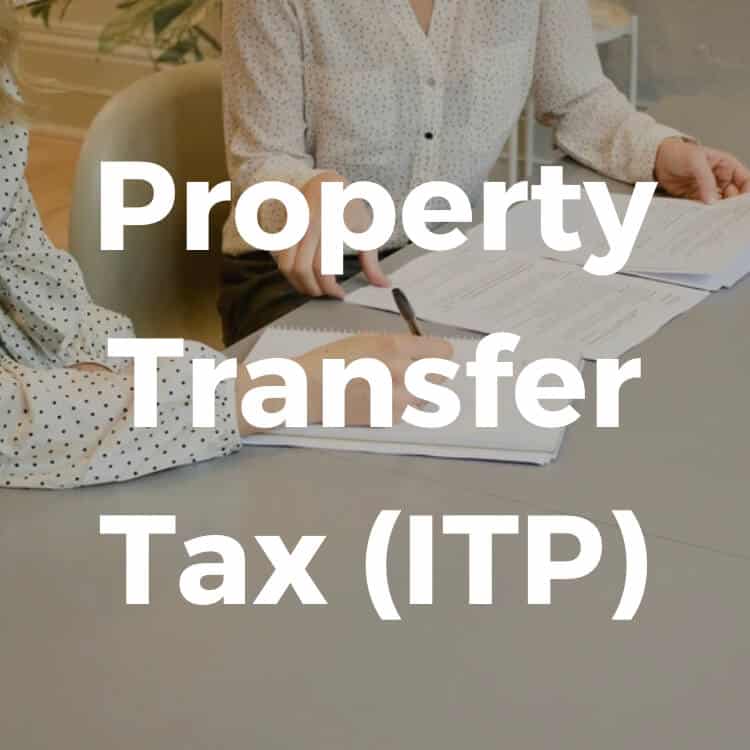
Property Transfer Tax
The ITP or Property Transfer Tax is a progressive payment that occurs when the property has already been sold before.
It must be made to the competent Autonomous Community (for example, Generalitat de Catalunya) when buying or renting a house in Spain.
The amount of the tax to be paid differs depending on the property and the autonomous community.
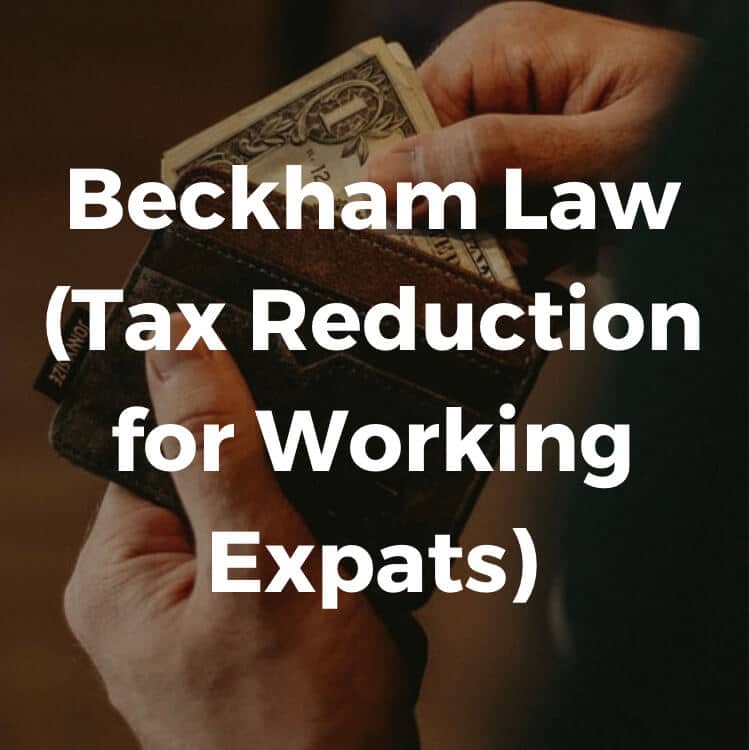
Beckham Law
Are you an expat who is relocating to Spain? Then you can start paying fewer taxes with the Beckham Law. This applies to those who are moving to Spain to work in a company as an employee or as an administrator.
It is regulated in section 93 of the Spanish Income Tax Act, and allows new fiscal residents in Spain to pay their income and wealth tax during the first 6 years as if they were non-residents. This means paying an almost flat tax rate of 24% of their income, against the usual Spanish tax rate, that can go up to 45%.
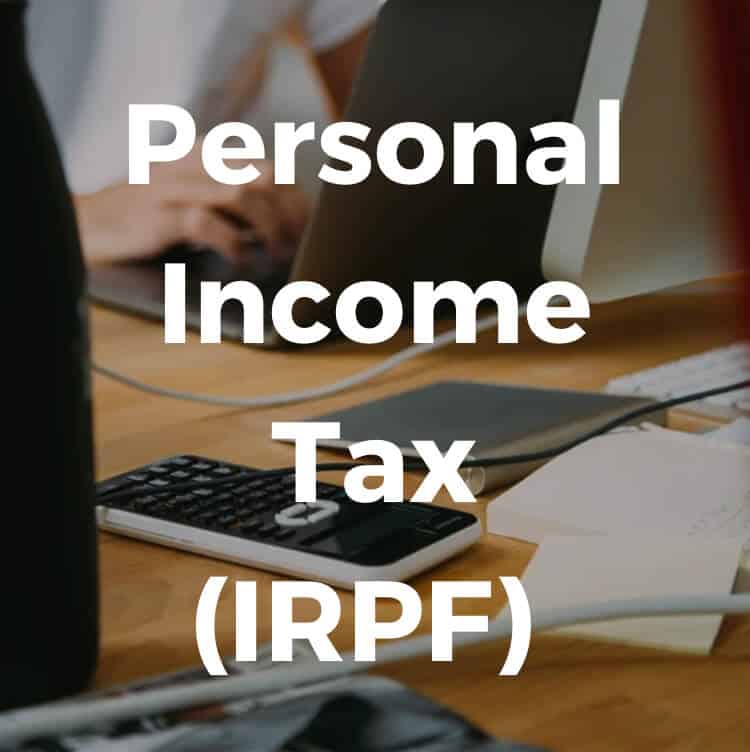
Personal Income Tax
The Personal Income Tax or IRPF in Spanish, is a tax that must be paid every year for Spanish tax residents. This tax includes all the income that a person has generated in one year, all over the world. That is why, it is also called the Salary Tax.
This tax considers the personal and familiar situation of the taxpayer. Depending on your job, activity, or personal situation, your Personal Income Tax can change.

Accounting for Companies
Our Spanish accountants handle the accounting and taxation for companies; that is, the kind of business activity they engage in, and the obligations they have. We receive all the documents from the customer and prepare all the accounting documents that are required by the Spanish law.
We also prepare and present all the taxes that the companies must pay during the year, so you don’t need to worry about anything.

Accounting for Individuals
Are you an expat or immigrant in Spain? Then determining exactly which taxes you should pay and how to optimize those payments can be a real hassle.
Our specialized accountants will prepare all the accounting documents and taxation papers for employees or freelancers.
After managing your payrolls, we will prepare and send the corresponding documents to the competent authority when required.

Wealth Tax
The Wealth Tax is a Spanish tax that must be paid both by residents and by non-residents, attending to the value of the assets they have. The situation of the assets that must be declared and the minimum exemptions are different for residents and for non-residents.
This implies that, if we analyze your case carefully, we will be able to optimize the wealth tax you pay depending on your situation.
This tax must be paid once a year.
Answering Your Frequently Asked Tax Questions
What does it mean to be a tax resident in Spain?
You are considered a tax resident in Spain if you spend more than 183 days in the country per year in Spain. And the consequences are many; as both the taxes and the percentages to be paid will vary.
For example, individuals who are not considered tax residents must pay non-resident tax, something that residents don’t.
Other differences arise in regards to the liabilities. In that sense, when it comes to the income tax, for example, tax residents must pay for their worldwide income; whereas non-residents justs for the income they receive in Spain.
Which taxes must companies in Spain pay?
There are three main taxes that any company must pay:
- First is the corporate tax (impuesto de sociedades). It is a flat rate equal to 25% of the business’ profit
- Second is the property transfer tax. This is a progressive tax applied to the different operations that take place during the life of a given company, like a merger or an acquisition
- Finally, the VAT. Any company that sells goods or services is obliged to pay 21% from the selling price, something that is charged to the client but then collected and returned to the tax authorities in Spain
Which taxes should I pay in Spain as an expat?
If you are considered a tax resident in Spain, there are 4 main taxes you will need to pay as an individual:
The income tax or IRPF. This tax is applied to any income you obtain worldwide. It is a progressive tax which exact percentage depends on each Autonomous Community. It can start from around 19% and reach up to 48%, depending on the exact amount of your earnings.
If you own a property which value is higher than 700.000€, you will need to pay between 0,2% to 2,5% in regards to the wealth tax.
If you obtain a gain from the sale of a property any other asset like shares of a company, you will need to pay for the capital gains tax.
Finally, the inheritance tax, which is applied whenever you inherit any given asset.
How does the Spanish tax year work? When does it start and when does it end?
This is something that won’t cause you any headache: the Spanish tax year coincides with the calendar year. This means that it starts on January the 1st and finished on the 31st of December.
As for the income tax return, you should file it during May and June for the previous year.
Do I need to file an income tax return?
As you may know, the income tax requires you to file on a yearly basis a declaration in which you state the income you have obtained throughout the year.
But should you really file the return? The answer is it depends. If you are a tax resident and earn more than €22.000 per year, yes, you should. Tax residents don’t have this legal obligation.
What is the Beckham Law? How can I benefit from it?
The Beckham Law is a special tax regime that allows resident taxpayers in Spain to be taxed at a much lower rate, acquiring a non-resident status.
Instead of paying progressive taxes for your income that can reach up to 48%, you will just be taxed at a flat rate of 24% for the first €600.00 of income.
Do you have any specific questions about your situation? Don’t waste anymore time! Our specialized tax advisors and lawyers are ready to help you out and solve your doubts, FAST!
Spanish Tax & Accounting Basics

Fint out the complete list of taxes in Spain for expats (with rates)
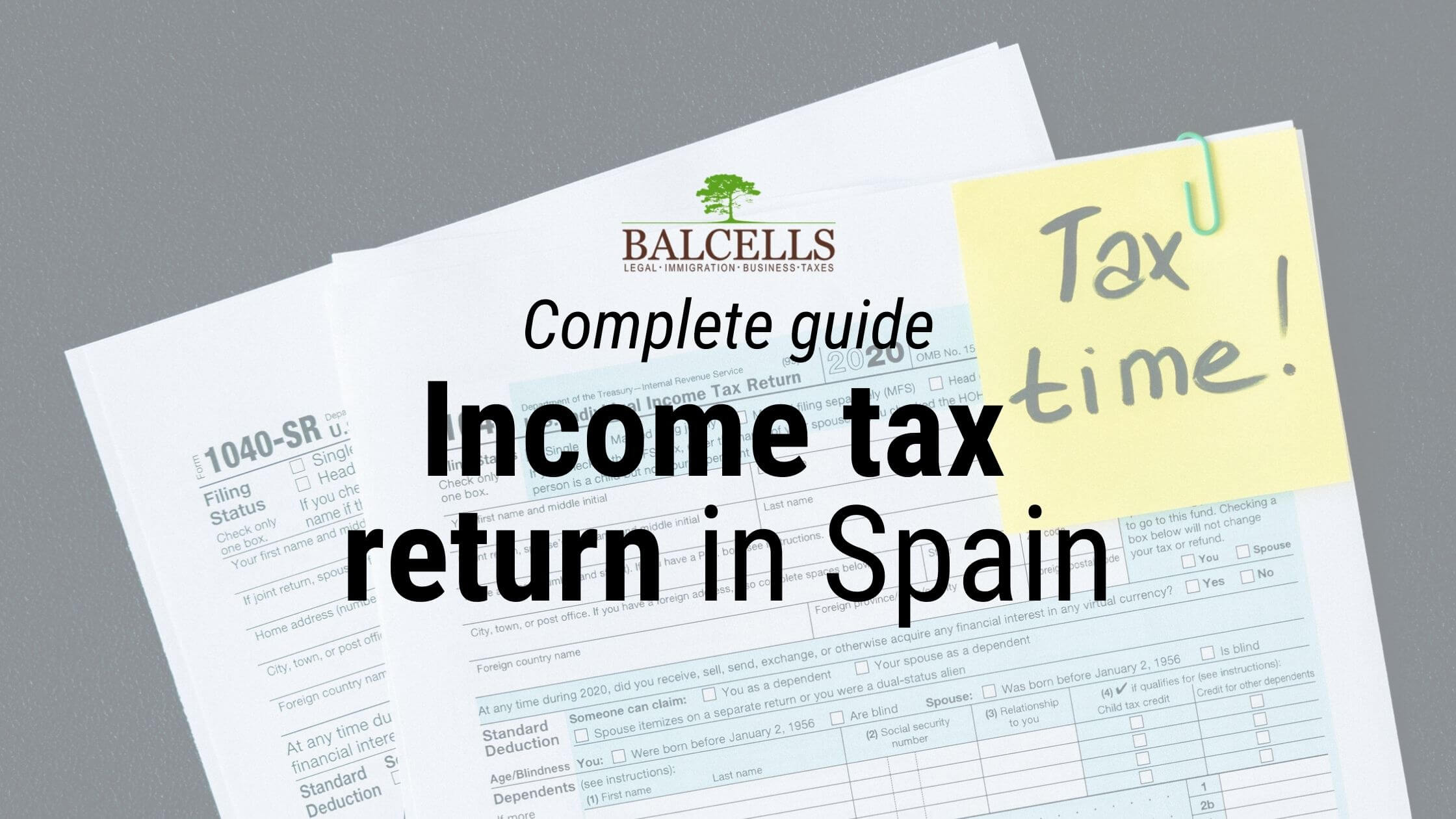
Step-by-step process for filling for yearly income tax return in Spain

Everything about the Beckham Law and how to apply for it to save taxes
Book an appointment with our tax lawyers and accountants today








